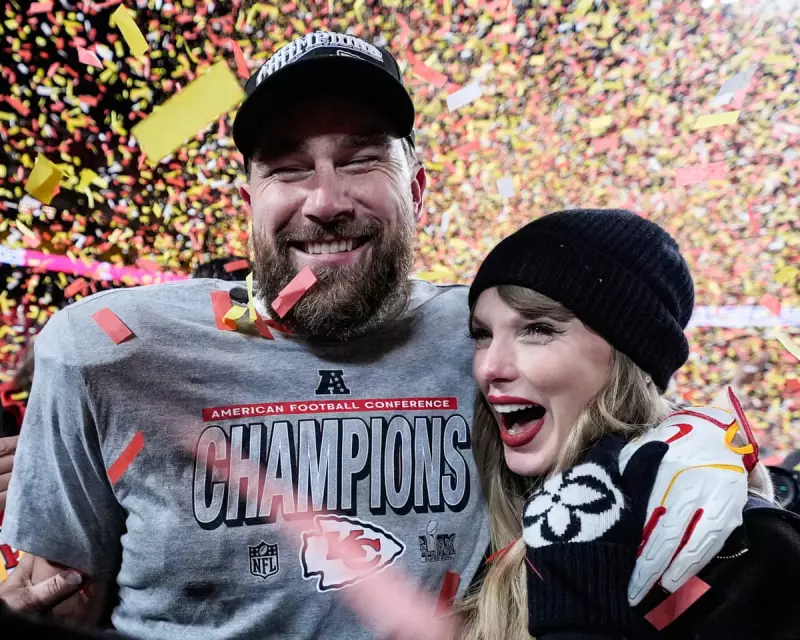
The Cambridge Dictionary has officially declared 'parasocial' its Word of the Year for 2025, highlighting a significant shift in how people form connections in the digital age.
What Does 'Parasocial' Mean?
The term describes a one-sided relationship where an individual feels a deep connection to a famous person they have never met. This phenomenon has surged with the rise of social media, influencers, and artificial intelligence.
Colin McIntosh, a Cambridge Dictionary editor, stated that 'parasocial' captures the 2025 zeitgeist, with millions of people engaged in such relationships and many more curious about their prevalence. The dictionary's website recorded significant spikes in lookups for the word throughout the year.
From 1956 to Today: The Evolution of Parasocial Bonds
The concept isn't new. It was first identified in 1956 by University of Chicago sociologists who observed television viewers forming 'para-social' attachments to on-screen personalities.
However, the internet era has dramatically amplified these opportunities for asymmetrical relationships. High-profile events like Taylor Swift's engagement to NFL star Travis Kelce and Lily Allen's confessional breakup album 'West End Girl' were cited as key 'parasocial moments' of the year, where public interest in celebrities' personal lives reached a fever pitch.
The Modern Parasocial Landscape: AI and Influencers
Professor Simone Schnall, an expert in experimental social psychology at the University of Cambridge, explained that parasocial relationships have redefined fandom, celebrity, and online interaction.
She noted that as trust in traditional media erodes, people increasingly turn to influencers, which can foster unhealthy and intense relationships. Furthermore, ties with celebrities like Swift can lead to obsessive analysis of their work and heated online debates.
A new dimension has been added with the advent of AI. Young people are particularly susceptible to treating chatbots like ChatGPT as friends or even substitutes for therapy, seeking positive affirmations and companionship from artificial intelligence.
Reflecting this technological shift, the Cambridge Dictionary added or updated several AI-related terms this year, including 'slop' for mass-produced, low-quality AI content and 'memeify' for the act of rapidly turning an image into a viral internet meme.





